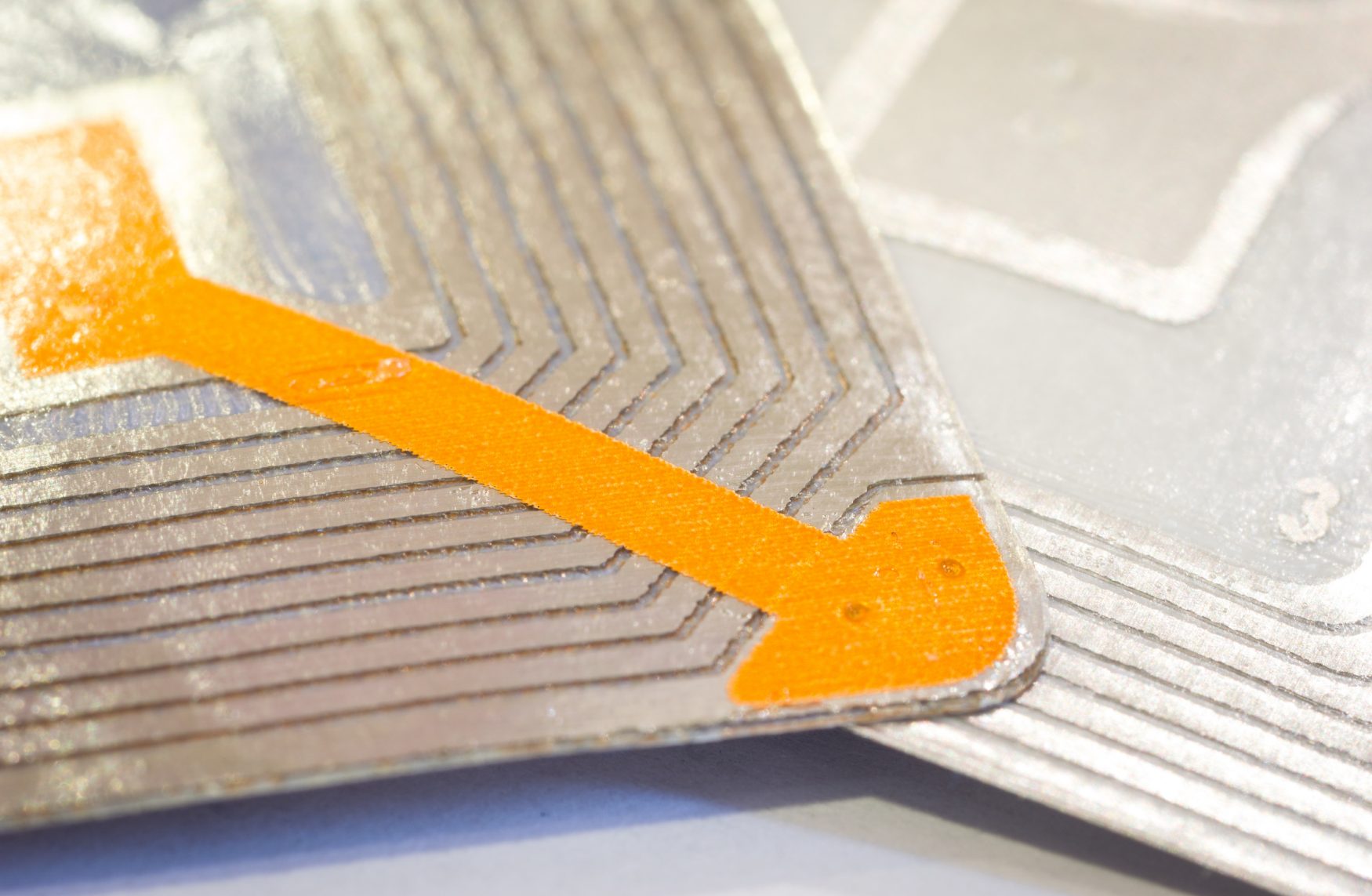
How Does RFID Work for NWO?
People Wonder, “How Does RFID Work?” Tracking Technology Seems Harmless and Even Helpful but a Sinister Purpose Lurks Beneath the Surface of This Modern Spy Miracle.
How does RFID work? RFID is the acronym for Radio Frequency Identification.
With increased applications, and even RFID human implants being marketed and utilized in the United States, Americans should question the actual uses of this technology.
It is a technology that encodes digital data on tags that then transmit by radio.
These tags can be passive or active. Passive tags, such as those on the Verichip device, is being implanted into humans with a code to access health data or other purposes. They are activated by readers.
This is similar to a bar code, but the RFID device can be read without necessarily being within the direct line of sight of the reading apparatus.
The tag has an integrated circuit and an antenna to transmit its data to the reader.
An active RFID device is more expensive and it’s larger. This type of tag has its own power source on board, and it is able to transmit its information without the need for a reader to activate it.
With RFID tags, data is transmitted directly from the tag to an interface or data collection system.
Its information is then transmitted to the host computer with little human participation in the process.
The U.S. Department of Defense has used this technology for different applications since WWII.
With an understanding of how does RFID work, it becomes simple to grasp the varied uses that this technology already has.
These uses include inventory and asset tracking as well as personnel tracking and controlling access for some companies and the military.
In the pharmaceutical industry, it is used to detect counterfeiting of products.
The Verichip Corporation, with financial support from IBM, has been marketing RFID technology for human implant since it obtained Food and Drug Administration (FDA) approval in 2004. The Verichip device is implanted in the human arm.
It is marketed for persons with health problems in order to have rapid access to medical histories through databases.
This same thing could be obtained through a bracelet or a card in a patient’s wallet, with no need for the invasive procedure of an implant.
FDA Ignores Hazards
How does RFID work for safety, when implanted into a person? Evidence indicates that the Verichip may be a health hazard.
When authorizing RFID implants, the FDA noted possible adverse tissue effects.
The Associated Press has reported on possible links to provoking cancer in numerous studies.
The technology also may react to strong electromagnetic fields, producing severe burns.
Apparently, the FDA, the entity charged with safeguarding public health from possible dangers of new products, does not do its job.
How does RFID work in relation to human health was not really reviewed by this agency that failed to examine the evidence.
Shortly after RFID approval for human implants in the form of the Verichip, the Secretary for Heath and Human Services, under whose jurisdiction falls the FDA, resigned.
He soon reappeared on the Verichip Corporation Board of Directors.
He was paid hundreds of thousands of dollars in stock options, and $80,000 in 2 years, according to the Securities and Exchange Commission.
The Chip is for Surveillance
How does RFID work to prevent counterfeiting and cloning of information? So far, it does not.
The passive devices being used can be easily picked up by a reader, making these devices vulnerable to hacking.
That code then allows someone unauthorized to access medical information (based on the main verichip use being marketed).
That information may indicate vitamin needs or other health products that a company may seek to market in a custom fashion.
If the chip contains other information such as financial or asset data, then copying the data and cloning the chip could give someone easy access to someone else’s identity.
RFID technology in implants in humans threatens to compromise individual security, as well as individual privacy.
Can RFID bring the start of the Orwellian 1984 in the 21st Century?
The answer seems to be a probable yes, unless there is constant vigilance to stop it.

 My First Amazing Ayahuasca Experience
My First Amazing Ayahuasca Experience  Pine Needle Tea
Pine Needle Tea  The REAL Controllers of Humanity: The Papal Bloodlines
The REAL Controllers of Humanity: The Papal Bloodlines  Is it Global Warming or Cooling?
Is it Global Warming or Cooling?  Gun Rights and Obama Examined
Gun Rights and Obama Examined